News
Financial Watchdogs Flags Crypto Mixer Stoking as a Potential Risk For Money Laundering
Cryptocurrencies are highly criticized by financial watchdogs and governments for potential risk ...
 Explore More
Explore More
News
Formal Warning Issued to Westpac Over AML Failures, RBNZ Discloses
The bank underreported 8000 corporate transactions made overseas between July 2018 and February 2...
 Explore More
Explore More
News
U.S Congress Suspects the Use of Bitcoin to Fund Domestic Terrorism
U.S Congress subcommittee worries that Bitcoin might have been used in funding the Capitol revolt...
 Explore More
Explore More
News
Danish Financial Regulatory Authority Orders Betfair to Address Money Laundering Violations
A subsidiary of Flutter Entertainment, Betfair International, has been sanctioned by the Danish f...
 Explore More
Explore More
News
South Korea Extends AML Compliance Deadline for Crypto Sector
The deadline has been extended to ensure regulators are able to process all the applications subm...
 Explore More
Explore More
News
European Commission Lists Online Gambling a High-Risk Sector for Money Laundering
The European Commission has listed online gambling as a high-risk avenue for money laundering aft...
 Explore More
Explore More
News
DISA is Working on a Digital Identity, Credential, and Access Management Tool
According to Nextgov reports, the Defense Information System Agency (DISA) in the US has announce...
 Explore More
Explore More
News
FCA Fines TJM Partnership Limited £2 Million for Money Laundering
The Financial Conduct Authority has fined the investment firm TJM Partnership Limited £2m for ser...
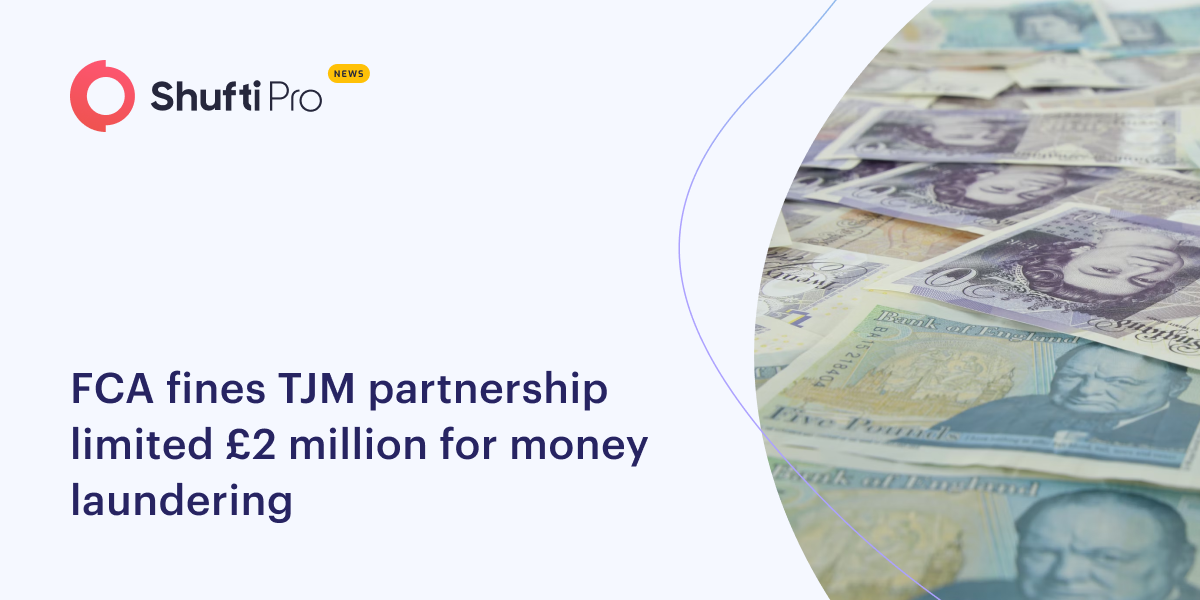 Explore More
Explore More
News
FATF Highlights the Gaps in New Zealand’s AML Measures
Financial Action Task Force (FATF) has issued a report on New Zealand’s measures to combat money ...
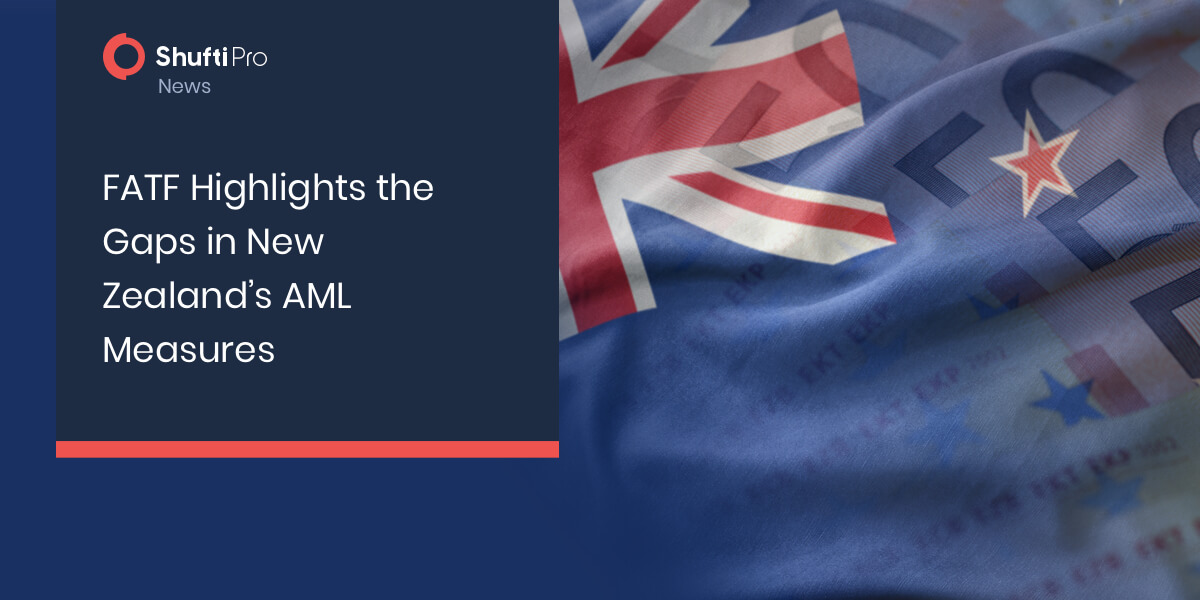 Explore More
Explore More
News
MFSA, SEC, Along with FCA Introduces New AML Guidelines for Money Laundering Officers and Virtual Asset Service Providers
The Malta Financial Services Authority (MFSA), Securities and Exchange Commission (SEC), and Fina...
 Explore More
Explore More
News
Germany to Implement the 6th AML Directive to Secure Financial Firms
The Federal Government of Germany has decided to draft a law for money laundering operations. Eur...
 Explore More
Explore More
News
Chinese Authorities Bust 93 for Crypto Money Laundering Worth RMB 40 Billion
Chinese Authorities in the Hunan province have busted a criminal ring of 92 individuals for alleg...
 Explore More
Explore More
News
Cyprus Securities and Exchange Commission Warns Investing Firms for AML Non-Compliance
The Cyprus Securities and Exchange Commission (CySEC) warned the Cyprus Investment Firms (CIFs) ...
 Explore More
Explore More
News
Giaba Trains BDC Operators for Money Laundering & Terrorist Financing
GIABA (Inter-Governmental Action Group against Money Laundering in West Africa) has started a thr...
 Explore More
Explore More
News
FIAU Charges ECCM Bank €310,000 for Weak AML Controls
FIAU charged Silema-based ECCM Bank €310,000 over failings in money laundering controls, revealin...
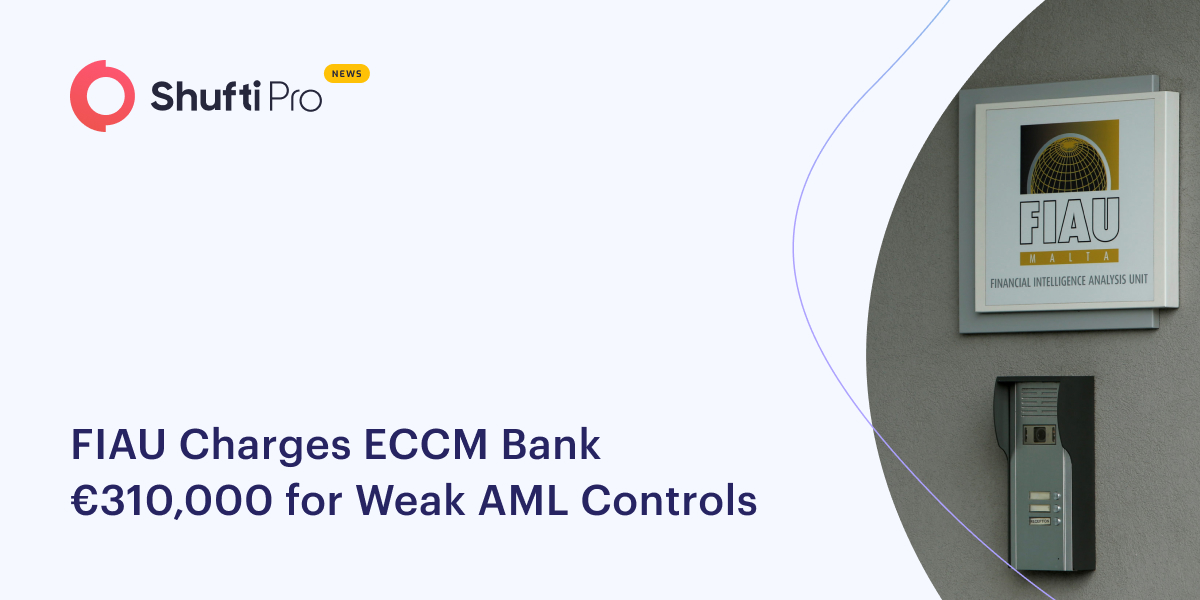 Explore More
Explore More
News
Over a Million T-Mobile Customers Affected By a Data Breach
T-mobile suffered a data breach earlier this month, the company confirmed this on their website t...
 Explore More
Explore More
News
Britain’s FCA Fines Ghanaian Bank for Insufficient AML Regulations
The Financial Conduct Authority of the UK has imposed fines of £5.8 million on Ghana Internationa...
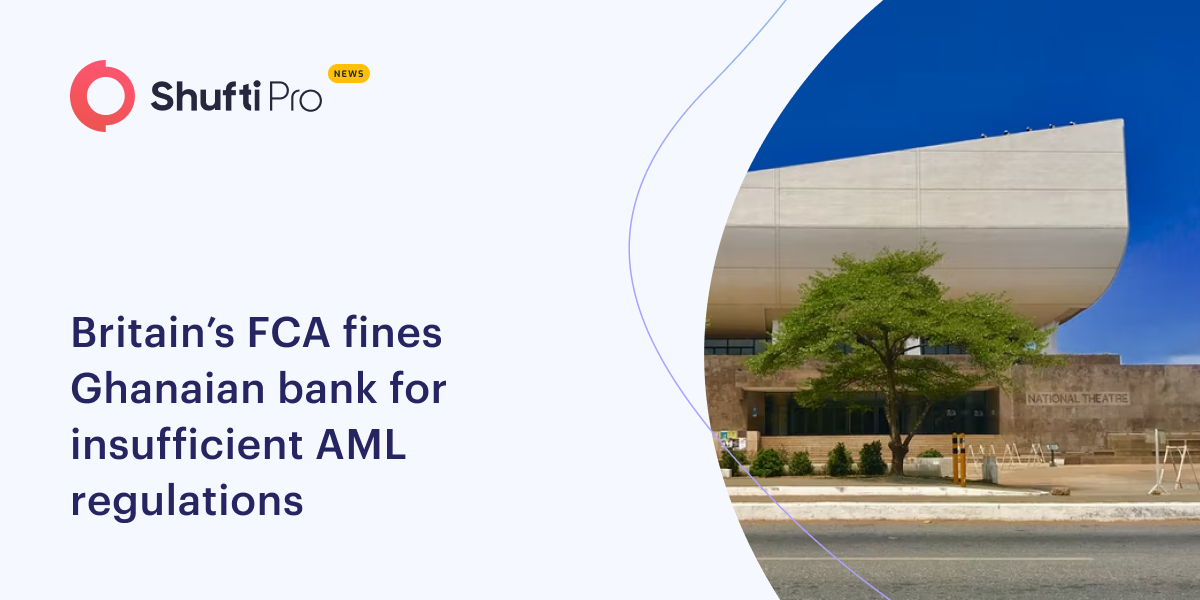 Explore More
Explore More
News
Oklahoma Takes Strict Legislative Measures to Prevent Child Identity Theft
The Senate of Oklahoma has approved a bill to take strict measures against those involved in the ...
 Explore More
Explore More
News
FBI Warns of Tech Support Scammers Compromising Financial Accounts
The Boston Division of the Federal Bureau of Investigation (FBI) has warned of an increase in num...
 Explore More
Explore More
News
Estonian Government to Strengthen AML Framework to Lift Crypto Ban
The Estonian Finance Ministry drafted AML amendments that will affect virtual asset service provi...
 Explore More
Explore More
News
Malta’s Justice Minister Ammends Legal Framework to Lighten Financial Crime Proceedings
Malta’s Justice Minister announces amendments in the court proceedings for financial crimes...
 Explore More
Explore More
News
PayPal is hiring crypto engineers amid rumors of Bitcoin integration
Crypto and blockchain experts are being hired by Paypal as rumors circulate that the global payme...
 Explore More
Explore More
News
2021 to Set New Record for Most Data Breaches in a Year
Studies have shown a staggering 1,291 data breaches till the end of September this year, exceedin...
 Explore More
Explore More
News
Switzerland Endorses Rigorous AML Measures
Switzerland has introduced new anti-money laundering regulations to bolster financial institutes&...
 Explore More
Explore More
News
UAE Extends the Deadline for DNFBPs to Register for AML Regulations
The Ministry of Economy (MoE) in Abu Dhabi has announced the deadline extension for the registrat...
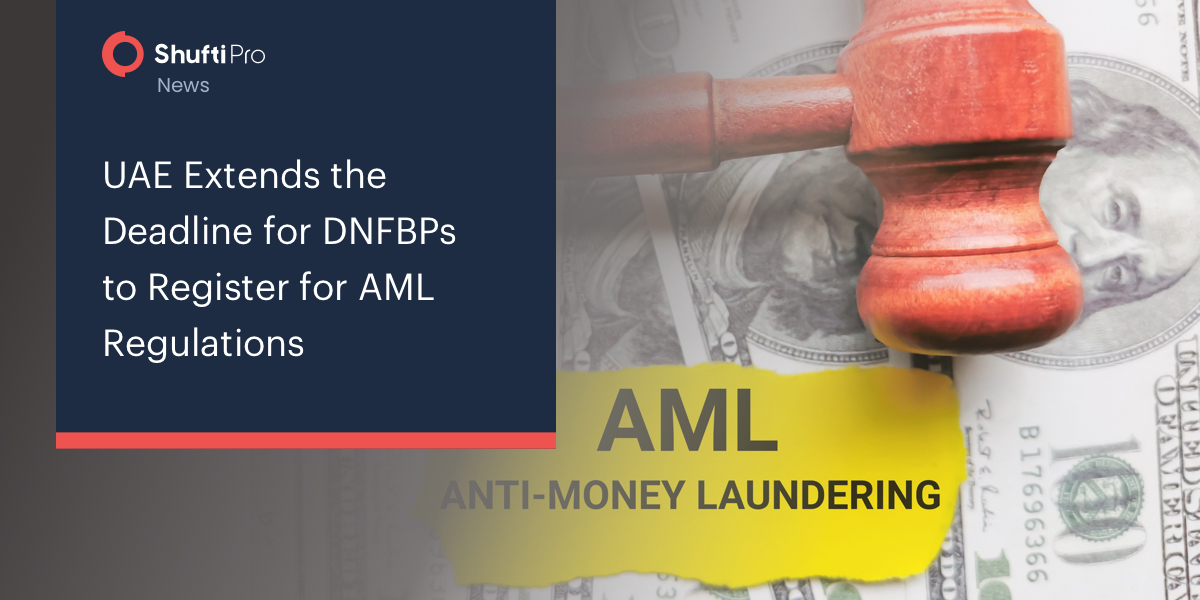 Explore More
Explore More
News
Dubai Police Monitors Cryptocurrencies for Prevention of Money Laundering
The cybercrime unit of Dubai Police has started monitoring cryptocurrencies to ensure that digita...
 Explore More
Explore More
News
Cambodian Minister of Justice Addresses AML Action Plan to Escape FATF’s Gray List
The Minister of Justice Koeut Rith has advised all financial institutions to continue their coope...
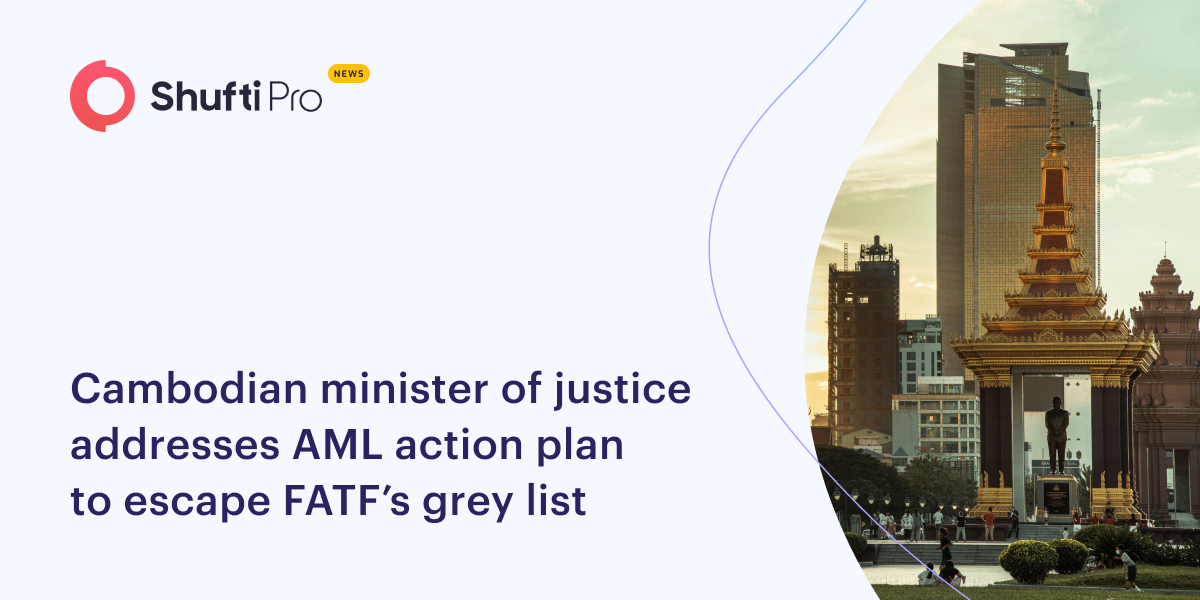 Explore More
Explore More
News
Hacker attempts to steal crypto via fake Google Chrome extensions
A hacker is exploiting trust in renowned brands by creating fake cryptocurrency wallet extensions...
 Explore More
Explore More
News
SFC Finalizes Consultation Conclusions on AML Guidelines
Updated AML/CFT guidelines are expected to come into effect from 30 September 2021, except for th...
 Explore More
Explore More
News
CFTC Charges South African Pool Operator for BTC Fraud Worth $1.7 Billion
CTFC charges a South African pool operator Steynberg for the largest fraud case in the region inv...
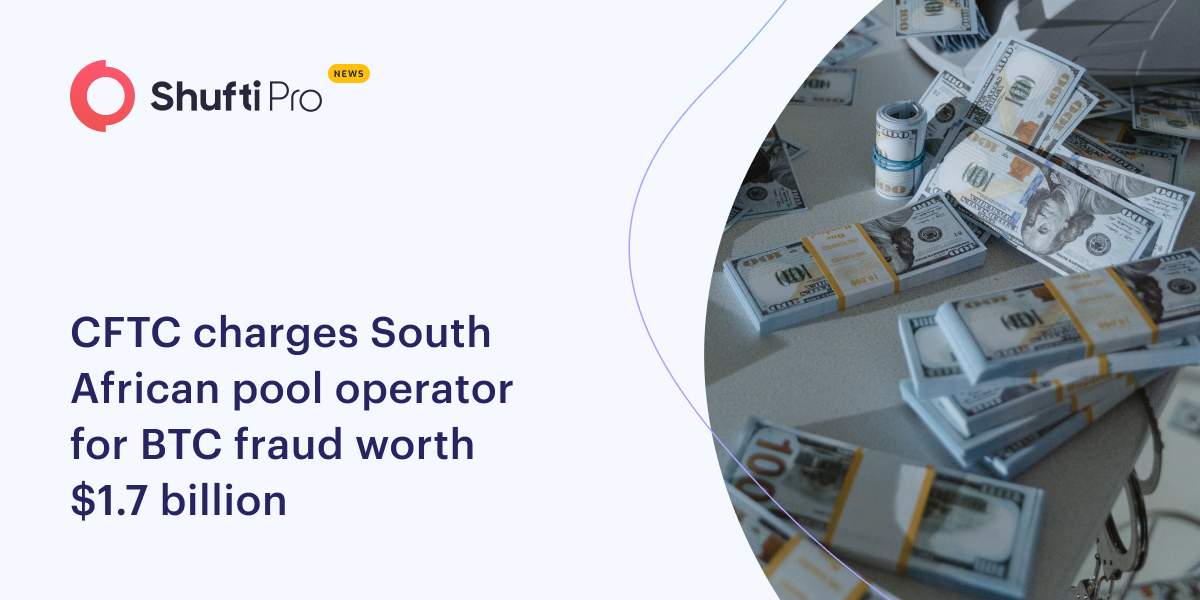 Explore More
Explore More
News
IMF Advocates CBDC and Global Crypto Regulations for Financial Stability
The new policies advocated by the IMF seek to minimize financial risks associated with the global...
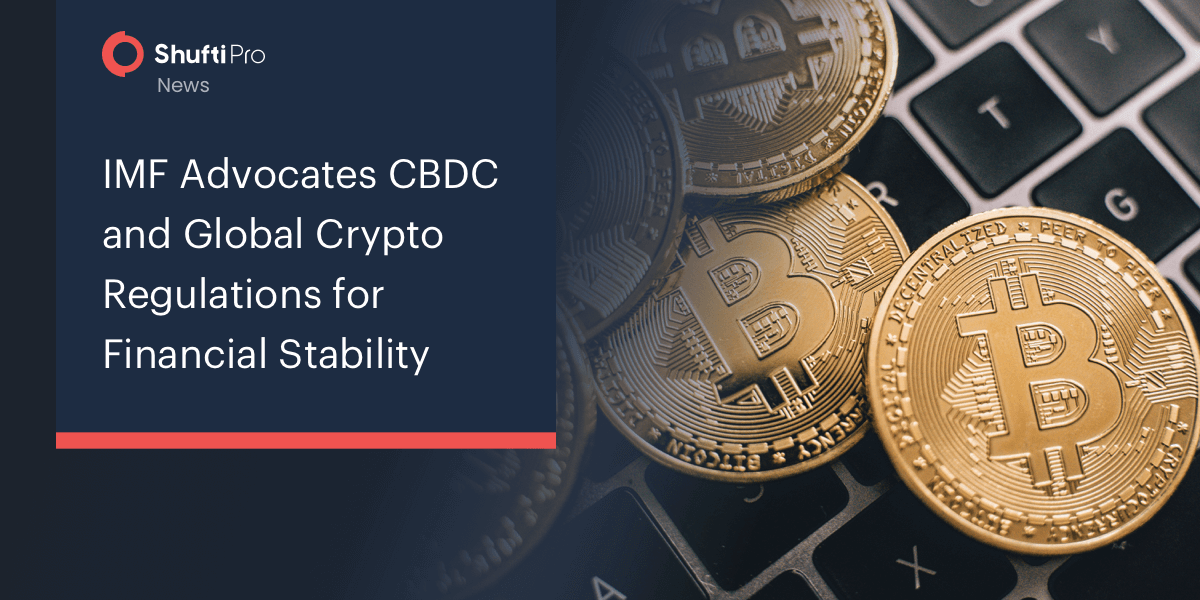 Explore More
Explore More
News
Crypto firms Halt Business in China After an Intense Government Crackdown
Cryptocurrency businesses have stopped their operations after the government led an intense inves...
 Explore More
Explore More
News
Foxconn Becomes the Victim of Ransomware Attack
A ransomware attack has impacted an electronic manufacturer, Foxconn, very badly. This attack was...
 Explore More
Explore More
News
Star Casino’s Share Tumbles 21% Following Money Laundering Allegations
Individuals banned from gambling at the Star casino in Sydney had been permitted to gamble at Sta...
 Explore More
Explore More
News
FIAU Slaps Triton Capital Markets Limited with €227,000 Fine for AML/CTF Breaches
The Financial Services Analysis Unit (FIAU) FIAU has fined Triton Capital Markets Limited €227,0...
 Explore More
Explore More
News
13K Affected in Third-Party Data Breach at Anthem MaineHealth
A third-party service provider accessed the database of Anthem MaineHealth and obtained patients’...
 Explore More
Explore More
News
Mirabaud Bank Fined $3M for AML Failings by Dubai Authorities
The Dubai Financial Service Authority (DFSA) levied a fine of $3M on the Middle Eastern bank, Mir...
 Explore More
Explore More
News
FCA Spends $650K to Beef up its AML Control for the Crypto Industry
FCA spends $670,000 on training cryptocurrency exchange staff along with strengthening AML requir...
 Explore More
Explore More
News
US Treasury Publishes National Risk Assessments for Financial Crimes
The US Treasury has published the 2022 National Risk Assessments (NRAs) on Money Laundering (NMLR...
 Explore More
Explore More
News
Facebook’s Calibra rebrands to Novi wallet
Facebook subsidiary and Libra wallet provider Calibra, has recently been rebranded to Novi. The n...
 Explore More
Explore More
News
Biden’s Administration Announces New Timeline for AML Initiative and Beneficial Ownership Rules
FACT’s anti-money laundering efforts are updated in the Biden Administration’s Spring 2023 Regula...
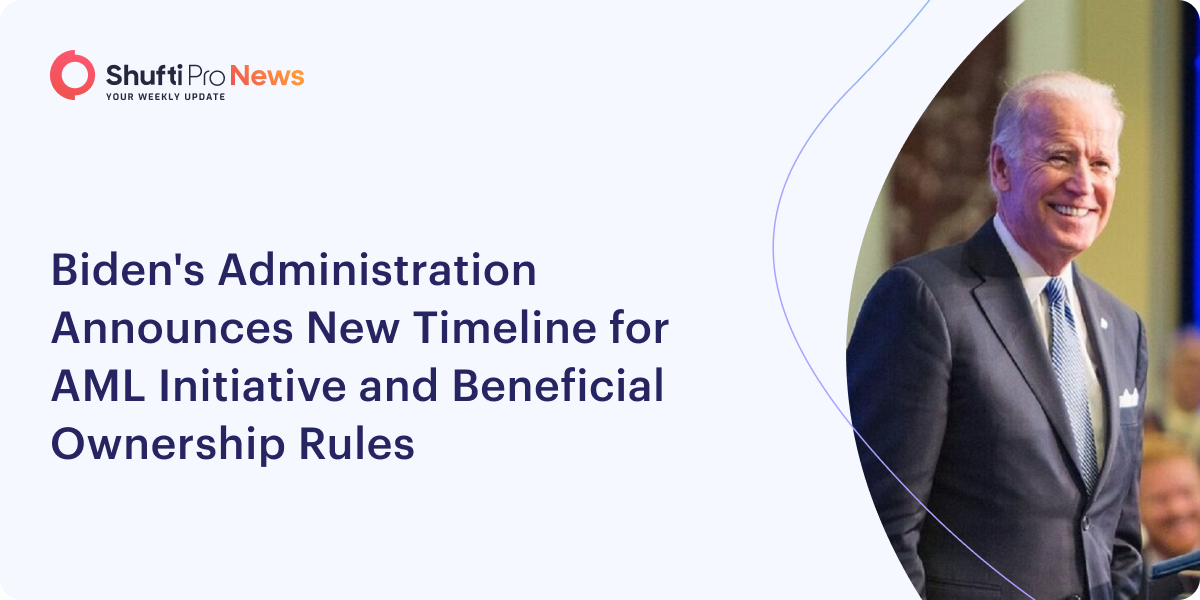 Explore More
Explore More
News
Philippines: Banks Reminded to Closely Monitor and Report Suspicious Transactions
Philippines ramps up efforts to step out of the FATF’s grey list and reminds banks to monitor and...
 Explore More
Explore More
News
FinCEN Implements Stringent KYC Regulations For Digital Wallet
The USA Treasury Department has proposed KYC- Know Your Customer Regulations for the digital asse...
 Explore More
Explore More
News
Data of Half-Million Chicago Students Exposed in a Ransomware Attack
The personal information of more than half a million Chicago students and the staff was accessed ...
 Explore More
Explore More
News
NFIU Increases Efforts to Remove Nigeria from FATF Gray List
The Nigerian Financial Intelligence Unit (NFIU) has stated that it is working towards removing th...
 Explore More
Explore More
News
FinCEN Proposes Extension in Suspicious Activity Reporting Rules
The US Financial Crimes Enforcement Network (FinCEN) issued a Notice of Proposed Rulemaking (NPRM...
 Explore More
Explore More
News
Global Banks Slapped with a Total of $14.21 Billion Fines in 2020
Finbold released a report on the global banks that were fined in 2020. According to the report, a...
 Explore More
Explore More
News
Macau to Introduce Digital Currency to Combat AML Threats in Casinos
Macau is moving towards introducing digital currency to fight money laundering and tax evasion in...
 Explore More
Explore More
News
UAE talks about developments in combatting the financing of terrorism
The NAMLCFTC inaugurated its second discussion on March 4 2021 and approved countermeasures that ...
 Explore More
Explore More
News
Bank of Queensland Commits to Anti Money Laundering Laws and Risk Management
Bank of Queensland Ltd (BOQ.AX) disclosed that separate agreements had been reached with the coun...
 Explore More
Explore More
News
Shufti Bagged “Product Leader” Award with 92% Customer Satisfaction
Shufti, an AI-powered identity verification services provider has won the Product Leader 2020...
 Explore More
Explore More
News
Paramount and Forever 21 Data Breach Exposes Thousands of Customer’s Personal Details
The significant media house Paramount Global and the renowned fashion supplier, Forever 21, have ...
 Explore More
Explore More
News
FirstBank of Nigeria Continues Commitment to Combating Money Laundering
Chief Executive Officer of the First Bank Group of Nigeria Limited, Dr. Adesola Adeduntan, noted ...
 Explore More
Explore More
News
USAA Fined $140 Million for Inadequate Anti-Money Laundering Measures
Two federal regulatory authorities have fined USAA a collective $140 million for failure to imple...
 Explore More
Explore More
News
Westpac CEO Brian Hertzer Resigns Amid Money-Laundering Scandal
The chief executive of Westpac Banking Corporation, Brian Hartzer, has resigned and the chairman ...
 Explore More
Explore More
News
GFI Study Reveals Weak AML/CFT Measures in Latin America and the Caribbean
The latest study by Global Financial Integrity (GFI) revealed that the Caribbean and Latin Americ...
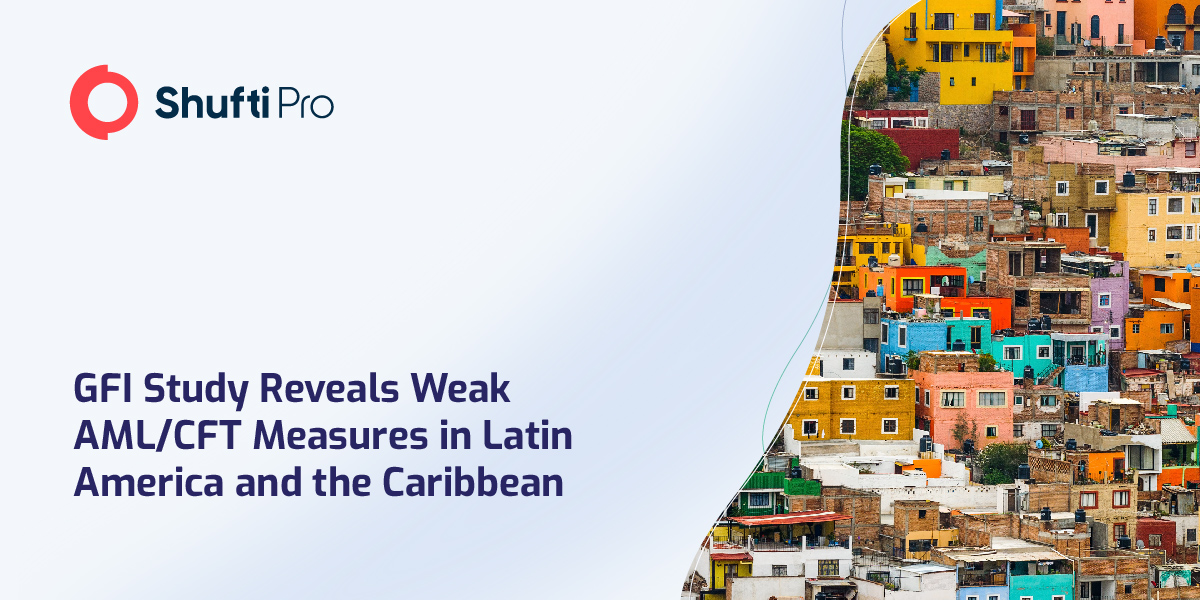 Explore More
Explore More
News
1.6M Unemployment Claim Filers Exposed Due to Data Breach
The Washington State Auditor’s Office has investigated an incident that has exposed the personal ...
 Explore More
Explore More
News
FATF to Publish Revised Guidelines For Virtual Assets Service Providers
The Financial Action Task Force is all set to publish updated guidelines on virtual assets on Oct...
 Explore More
Explore More
News
Alfa-Bank to Offer Blockchain-Based Services for the Self-Employed People and Freelancers
Alfa-Bank is one of the largest private commercial banks in Russia which is exploring blockchain-...
 Explore More
Explore More
News
FATF Highlights the Increasing Risk of Trade-Based Money Laundering
FATF- Financial Action Task Force is warning businesses of the risk they face regarding trade-bas...
 Explore More
Explore More
News
Australian Federal Police to Establish a Cryptocurrency Unit to Combat Money Laundering
AFP rolled out a dedicated crypto unit to combat monetary scams by fraudsters. According to AFP, ...
 Explore More
Explore More
News
Half of Anti-malware Products fail to Recognize Notable Threats
According to a new report by SE labs, Most popular, well-established cybersecurity solutions do n...
 Explore More
Explore More
News
New York Files Lawsuit Against Juul Following California and North Carolina
New York state is joining California and North Carolina in suing e-cigarette company, Juul, on th...
 Explore More
Explore More
News
ACRA to Impose Stricter Rules to Combat Money Laundering & Terrorist Financing
ACRA has proposed stricter rules for professionals and firms that assist businesses with corporat...
 Explore More
Explore More
News
Japan Crypto Regulator States Easing of Restrictions Must Wait
The Japanese financial regulator FSA is reluctant about easing regulatory requirements for the cr...
 Explore More
Explore More
News
WHO Warns about Online Job Scams during COVID-19 Pandemic
A message shared on WhatsApp and Facebook claims that the World Health Organization (WHO) is adve...
 Explore More
Explore More
News
FCA Says Bankman-Fried FTX Cryptocurrency Exchange Not Regulated in the UK
FCA warned crypto exchange FTX due to their unauthorized operations. The financial regulator clea...
 Explore More
Explore More
News
US Task Force Seizes Another Superyacht in the Battle Against Russian Oligarchs’ Corruption
A new US task force has partnered with the IRS and global entities to take down Russian oligarchs...
 Explore More
Explore More
News
FCIU Uncovers Money Laundering Patterns Through Social Media Scams
South Yorkshire law enforcement authority has seized EUR 70,000 placed in the illicit gambling ac...
 Explore More
Explore More
News
FinCEN Alerts FIs on Nationwide Surge in Check Fraud Targeting U.S Mail
The FinCEN (Financial Crime Enforcement Network) issues an alert to all the FIs (Financial Instit...
 Explore More
Explore More
News
PBOC Issues Risk-Based Account Opening Guidelines for SMEs
The PBOC has issued guidance on Oct 14, 2021, for SMEs to adopt a Risk-Based Approach (RBA) when ...
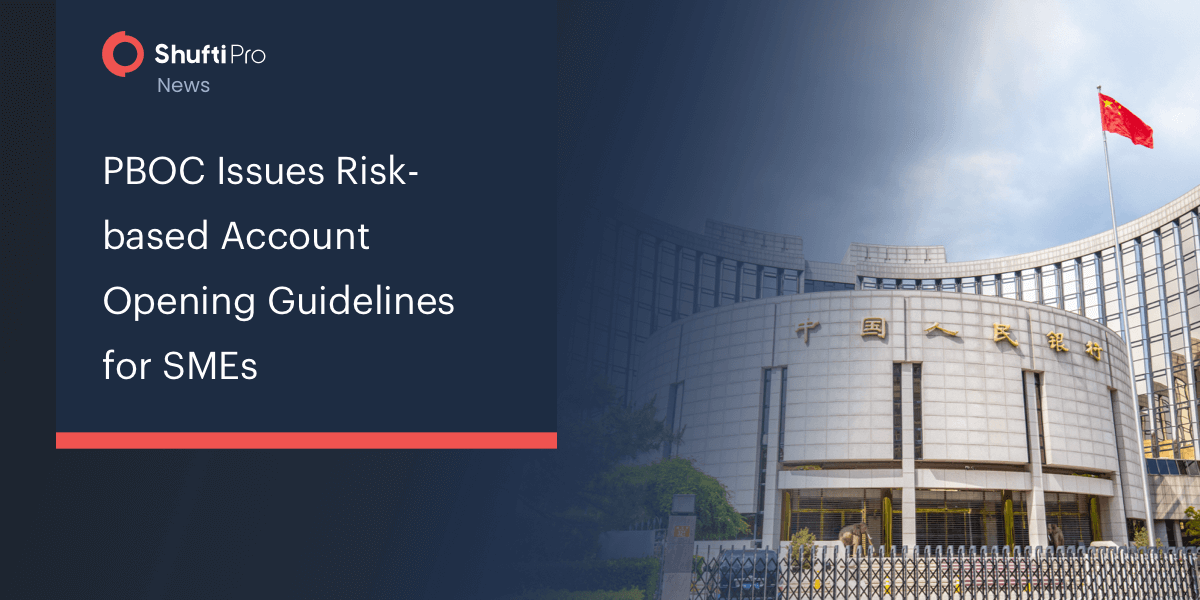 Explore More
Explore More
News
UAE Issues Updated Targeted Financial Sanctions Guidance
The UAE has shifted from the multilateral United Nations Security Council (UNSC) sanctions to uni...
 Explore More
Explore More











































































